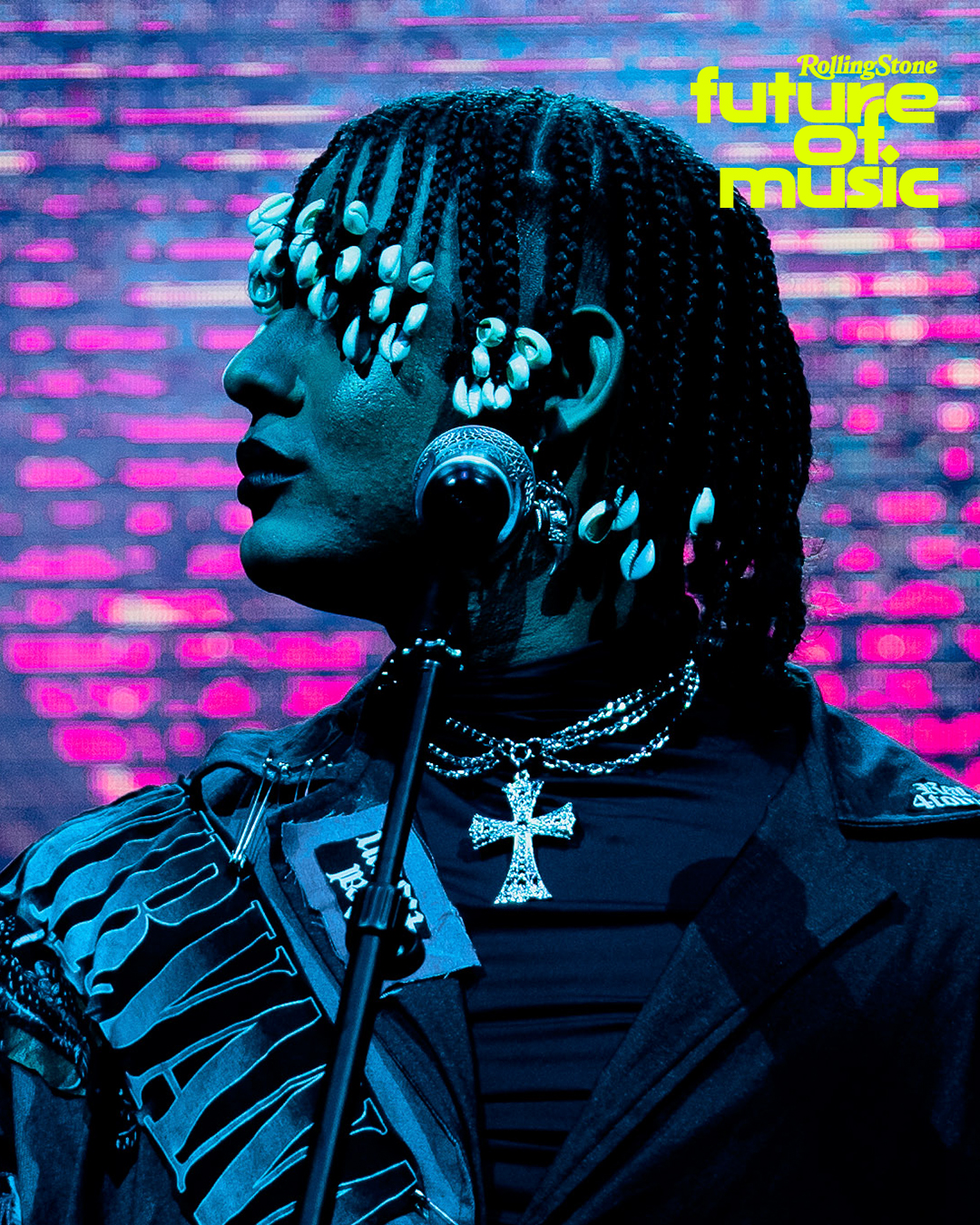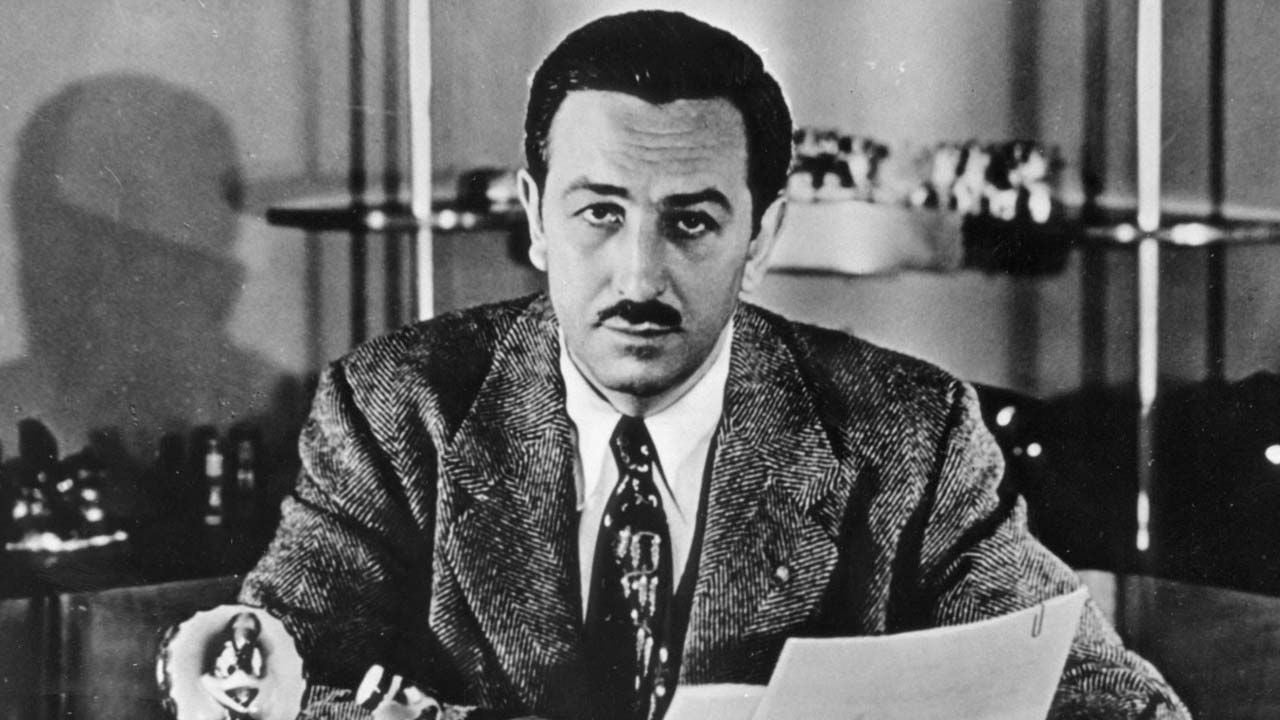Mateus Fazeno Rock from Ceará gave life to the so-called favela rock and is drawing attention to the northeastern outskirts
Mateus Fazeno Rockartistic name of Mateus Henrique Ferreira do Nascimentowas influenced by a neighbor who promoted a rock festival and listened to bands like Nirvana It is Audioslave. Born and raised in the neighborhood of Sapiranga, in Ceará, making rock seemed unlikely for Mateus. “If you open a rock magazine, the only two black people that appear are black members of the band. Grave or the Jimi Hendrix”, he said in an interview with Monkeybuzzexemplifying the lack of space in the media for representation in musical style.

Despite not identifying with the image of Kurt Cobain, a white, blonde man, Mateus uses Nirvana as a reference for his compositions. In addition to the band, he considers Djavan a great inspiration, but not necessarily because of the sounds of the artist’s songs. For Mateus, “Djavan” is an “adjective for good music”. The author of “Eu Te Devoro” is honored in the track “Melô do Djavan”, present on Mateus Fazeno Rock’s first album.
Roll in the Ruins was released at the beginning of the covid-19 pandemic, in April 2020. With nine songs and around half an hour of music, the album highlights social injustices, denounces the real estate speculation witnessed in Fortaleza and portrays the segregation experienced by residents of the favelas of Ceará. “The lost bullet that is remotely guided aiming at the body of the black man”, “Condomínio Gran Senzala” and “Cabeção está trembling, go to CAPS, it doesn’t solve” are just a few excerpts from the album’s opening track — “As Vozes da Cabeça” — which demonstrate the feeling of indignation conveyed by Matthew’s voice.
The musician needed to build a relationship with fans who appeared remotely. It was only almost two years after the release of his first album that he was able to perform at a packed show.
In 2023, Mateus released his second studio album, Jesus Will Not Return. According to the singer, the project works as a letter dedicated to a friend and talks about the violence faced by those who live in Brazil’s favelas. Agê, Caiô, mumutante, glhrmee, Jup do Bairro, Big Léo, Nego Célio, Brisa Flow, Bugzinha, Má Dame It is Jocasta Britto These are the names that collaborated with Mateus Fazeno Rock.
The title track of his latest album “talks about the beginning and end of life”, as he revealed in an interview with Noize. Lines like “Let him go / He’s going to give himself up / He’s already given himself up”, “Self-destruction has already begun / And she doesn’t seem to be there / She’s relentless like cars that don’t brake” and “She dreams every night about the old man of the neighbor who hanged herself / Because she dreamed every night of chains on her feet” demonstrate the illness caused by social inequality.
Mateus Fazeno Rock gave life to the so-called favela rock and is drawing attention to the northeastern outskirts. The style named by the artist is not restricted to the sound of rock — it focuses on the rage of the genre. Mateus’ compositions cover rap, Brazilian funk, reggae and even points of religions of African origin, making the Ceará native enter the sights of musical radars.
Source: Rollingstone
Earl Johnson is a music writer at Gossipify, known for his in-depth analysis and unique perspective on the industry. A graduate of USC with a degree in Music, he brings years of experience and passion to his writing. He covers the latest releases and trends, always on the lookout for the next big thing in music.






